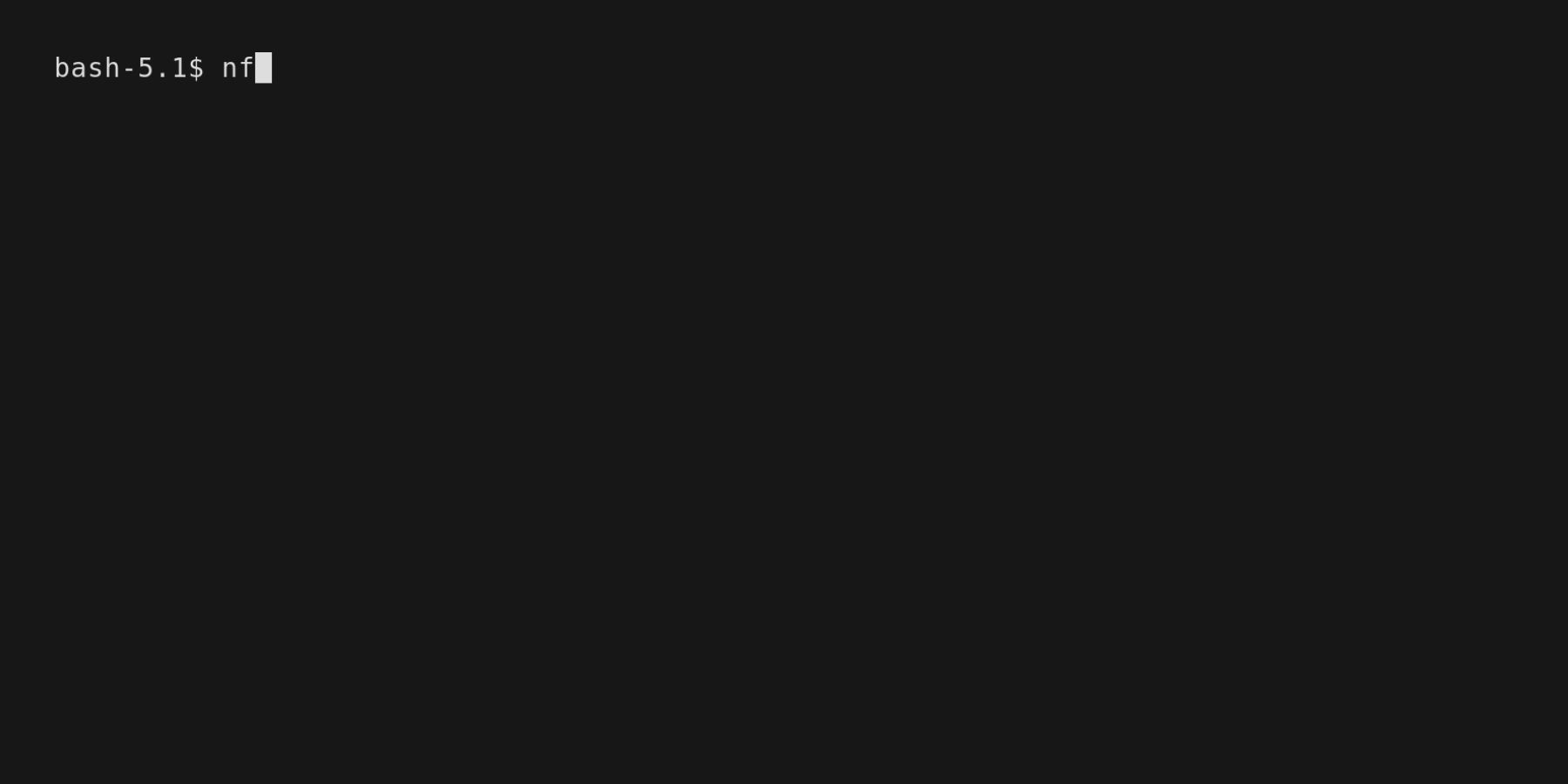The nf-core pipelines download command, used when you want to run an nf-core pipeline in an offline compute environment, has recently undergone a substantial refactor that has recently been merged into the development version of nf-core/tools.
The following blog post outlines the updates to the command, and explains why your pipeline downloads tests might be failing
Troubles with container detection and how nextflow inspect solves them
The major problem of the downloads command is to find all containers a pipeline depends on; it must do this to be able to bundle the software as a standalone package that can be transferred to the offline machine. Nextflow allows a user to define container both in modules directly or in config files – as long as the container string is resolved at runtime, Nextflow does not care where it came from. While this dynamicism makes it possible for Nextflow users to write flexible code, it makes it difficult to determine from the source code which containers the pipeline is using.
Until now, the download command has solved this problem by building up a codebase of complex regex patterns used to search through pipeline files for strings resembling container directives. While this strategy has worked for many years in the absence of a better solution, it has been prone to breaking when new edge cases were discovered or when changes were made to the pipeline template. For examples of the struggles of writing a container string catch-all regex, see for example the Bowtie quote issue or the issue of race conditions when processing Seqera containers.
However, as of Nextflow 25.04 the nextflow inspect command has been substantially extended to capture all containers used in a pipeline.
With the downloads refactor, the nextflow inspect command has now also been integrated into the nf-core/tools codebase to replace the complex regex logic used previously.
This makes the command both simpler and more reliable at the same time.

Each nf-core pipeline repository has a GitHub workflow that runs the nf-core pipelines download command on the pipeline (see for example the nf-core/rnaseq workflow).
This workflow checks that the pipeline does not produce any errors when downloaded, to ensure that the pipeline can be used in an offline enviroment.
The workflow is typically only triggered when a PR is made to the pipeline’s main branch, i.e. only on release of the pipeline.
The GitHub workflow currently uses the dev branch of nf-core/tools; originally to allow maintainers of nf-core/tools to quickly push patches when the regex logic broke.
However, this means that any changes made to the development version of nf-core/tools will directly take effect in the GitHub workflow.
Since the refactor of the downloads code requires that the pipeline uses the 25.04 version of Nextflow, pipelines that do not comply with this will fail the download test.
In time, there will be a pipeline template update that will require pipelines to use Nextflow >= 25.04, and to thus be compatible with the new command.
The test itself will also be updated to use the main branch of nf-core/tools to avoid similar issues in the future.
Until then, you can either voluntarily update the Nextflow version of your pipelines or ignore the failing test.
Added support for downloading Docker containers

The download command has also been extended to support Docker containers,
in addition to Singularity containers which was the only container system previously supported.
The container system to use can be selected via the --container-system flag of the command, which now accepts the options singularity, docker and none.
Alternatively, the container system can be selected via the interactive CLI prompts.
The change means that nf-core pipelines now can be run on offline HPCs which support only Docker or Podman containers, making it easy to run nf-core pipelines in even more compute environments!
Compared to Singularity containers which are files kept on your file system, Docker images are generally handled by the Docker daemon.
However, via the docker image save command, Docker allows packaging images as tar archives.
The tar archives can subsequently be loaded into another Docker daemon with docker image load, or if you are running Podman with podman load.
The nf-core pipelines downloads command creates tar archives for each Docker image within the downloaded pipeline.
The saved archives are placed within the docker-images directory of the download folder packaged along with scripts for loading them into Docker or Podman on the offline machine.
Further details
More details on the changes can be found in the corresponding PRs on nf-core/tools(
#3634,
#3706,
#3696
)
If you find any bugs to the download command after the recent major changes, please tell us on the #tools Slack channel or create an issue on nf-core/tools detailing the problem.